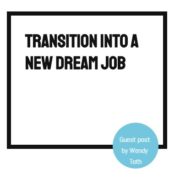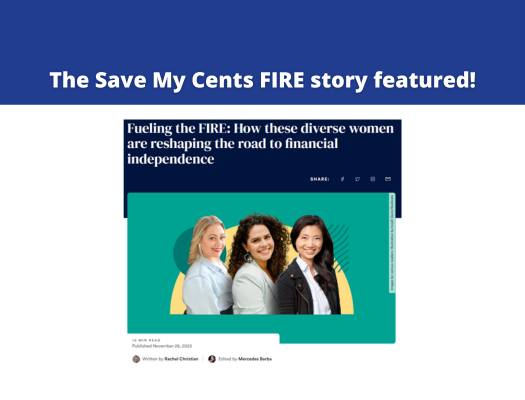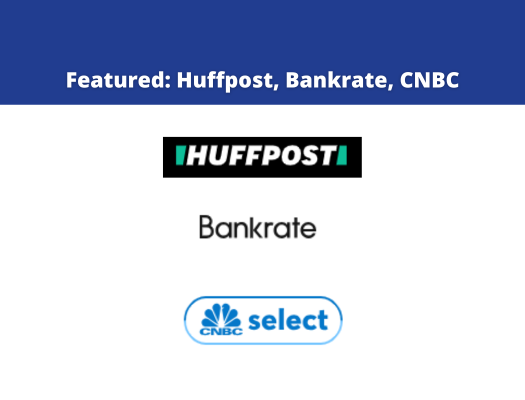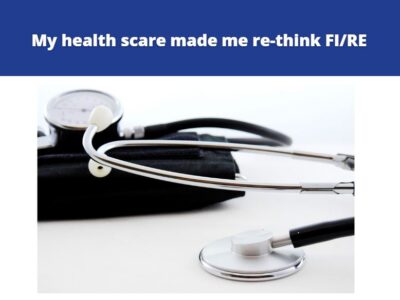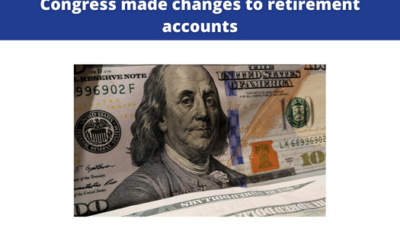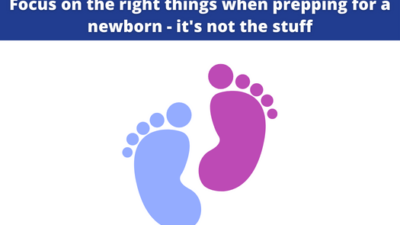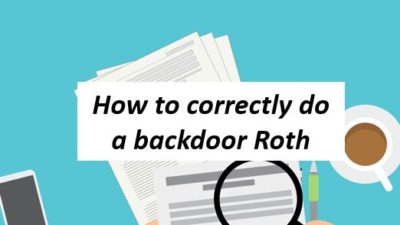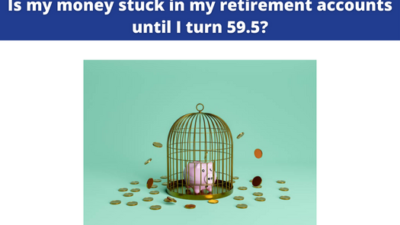Oh hey. I made it to national media again, much thanks to Fox Business. Fox had previously featured my “why” of FI/RE, and this time with the stock markets being down, it naturally brought up the question – is FI/RE still possible? You can read the article here, and I will expand on my thoughts a bit more below so that you have more context around what I said.
This post may contain affiliate links to help keep the lights on at Save My Cents. It does not cost you anything to click on them, but I may receive compensation if you do.

I have the ability to be work optional today. However, we are now responsible for more people’s financial lives
If it only concerns my husband, myself, and our baby, even with the stock markets the way they are today, we have the ability to be work optional. Did our net worth decrease? Yes. Did it crater? No. We can still live very comfortably in many places in the U.S. for a long time. But, there are now two additional individuals who depend on us – my in-laws. They are out of jobs due to the Covid-19 situation and need our help. And thus, being able bodied, we choose to work.
FI/RE is a great goal to achieve, but it is not forever guaranteed
The original way we achieved work optional was living on very little of what we earned – right up until having BB, of our pre-tax income, we tithed 10%, paid ~20-25% in taxes, lived on about 20%, and saved / invested the remaining. Our plan was to be able to live off of one income, and by doing that long enough, and via investing, we achieved what is popularly known as FI/RE. Mr. Save My Cents and I aimed for flexibility, not early retirement. We maintain a one year emergency fund because we want to give ourselves a generous buffer if something went wrong.
Wealth is never guaranteed. Look at people who lose everything because of a lawsuit (Anthony Levandowski, star engineer, went from Google to Uber and allegedly stole a bunch of secrets, now has to pay a $179M fine he cannot afford). Or people who end up in unspeakable accidents and need chronic, expensive healthcare? How about people who were wrapped up in the Bernie Madoff scandal – some of whom put in really hard-earned money into someone they trusted would invest on their behalf?
I really appreciate and am in awe of being work optional. However, it is not where I rest my laurels. I recognize things can disappear overnight.
Manage your risk when investing
If you need to retire in the near term (I define it as 5 years or less), you need to lower the risk that your retirement portfolio contains, at least for the money that you need in the next few years, such that you don’t take a huge hit due to a financial downturn. For many people this might mean moving some investments to things considered less risky such as bonds, money market funds, CDs, treasury bills, or stocks with very consistent dividend returns.
If you recall the Great Recession of 2008, at that time, people who depended only on pension funds that were overly exposed to the toxic mortgage-backed derivatives, or people who were ready to retire between 2008 – 2010 but had most of their net worth in risky stocks, suffered greatly. From that crisis I saw first hand that one should not have all their net worth in risky stocks so close to retirement.
Diversify your investments and income streams
We are not 100% stock investors. A part of our net worth is in our primary residence. While I don’t always see a primary residence as an investment given the high cost of ownership (primarily, our maintenance fee), the home does have value. A lot of it. And its value, given its location, is a lot less volatile, than the value of our stock investments. Similarly, one does not need to be a stock market investor, to achieve FI/RE.
It’s all about getting to a point where your investments generate enough cash flow to replace income. This could include real estate investing, or passive business income. People who do real estate investing typically are landlords, renting out homes / apartments either on short or long term bases. The rent would cover more than just the mortgage and maintenance costs, leading to profit that could be used to live off of. This blog post is one example of passive business income (albeit, pretty miniscule) – I make a little money off of running Amazon ads, and selling digital resources like my 30-Day Debt Free Bootcamp. In the past I have also made money by being a wedding photographer.
While the current economic crisis is quite negative, impacting many businesses all at once, at least with multiple income streams, one would hope that not all of them are hit equally, though that remains to be seen with the current economic crisis, which is why having a robust emergency fund is still my number one recommendation.
Here are some of my most-recommended books for you to learn more about investing:
What about people who don’t have emergency funds right now?
Don’t worry about FI/RE, focus on getting life paid for. Do whatever you can to get money coming in while reducing money going out. If at all possible, hustle and take whatever job that would hire you that you feel comfortable doing. Ask around for small jobs from the people you know. Trade skills for services (I’m putting it out there – I’d be happy to coach someone to trade for graphic design services). Really focus on just cooking food at home and paring back to just essential spending.
I can think of a few hustles that are in demand right now. Not all of them are necessarily ideal, so you will need to weigh the pros and cons.
- In-home nanny for two-income parents who were already paying for childcare / nannies
- Virtual tutoring for middle and high school students
- Grocery and delivery
- Farm harvesting (primarily in California)
- Work from home customer service
- U.S. government jobs
- Healthcare jobs
Be sure to follow me on Instagram @savemycents for the latest personal finance and career insights.




